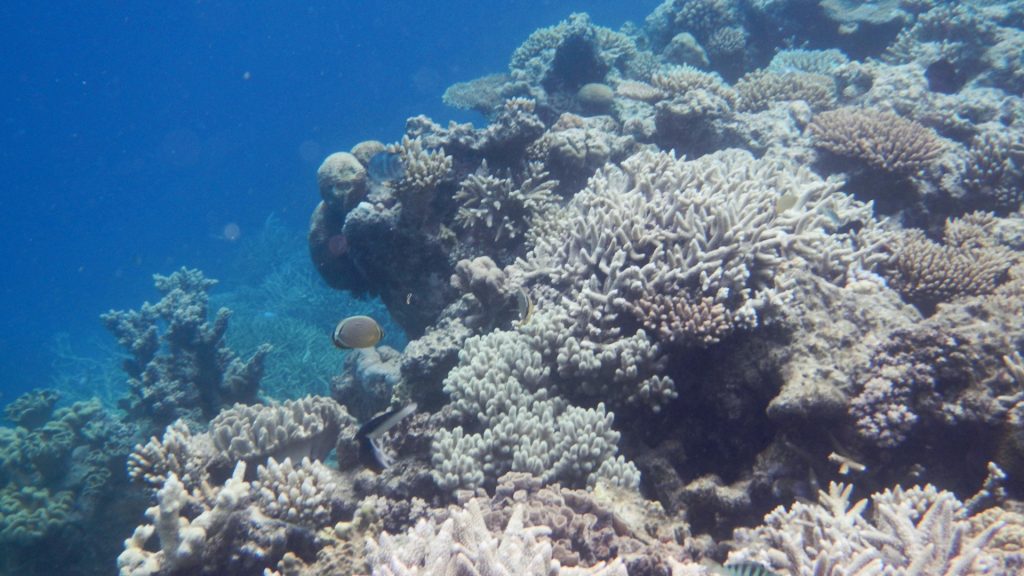The worst case of mass bleaching ever has been reported at the Great Barrier Reef.
Others are reading now
The escalating global warming and associated rising sea temperatures have led to a catastrophic environmental event at Australia’s iconic Great Barrier Reef.
According to a recent statement from The Great Barrier Reef Marine Park Authority (GBRMPA), the worst mass bleaching of corals in the reef’s history has occurred.
A Water Ecosystem’s Struggle for Survival
The construction of a coral reef is a slow and continuous process. These limestone structures are built by coral polyps, small spineless animals that attach themselves to the skeletons of their predecessors. Forming large reefs like the Great Barrier Reef can take thousands of years.
Also read
Mass bleaching of corals occurs when water temperatures rise to a level that destroys the algae corals depend on for survival, causing them to lose color and turn white. This bleaching is not just a visual change; it can lead to extensive coral death and thus threaten the complex marine ecosystem they support.
In March, it was announced that the Great Barrier Reef, stretching over 2,300 kilometers along Australia’s northeast coast, has experienced its fifth mass bleaching in just eight years.
GBRMPA reports that a stretch of 1,100 kilometers has been severely affected by rising temperatures, which have caused a heatwave underwater.
This phenomenon is not isolated to Australia.
The American weather service NOAA reported earlier this week that coral bleaching is a global problem affecting reefs along coastlines from Australia to Kenya and Mexico. Many of the world’s most colorful coral reefs have become “ghostly pale,” according to a NOAA report.
The Importance of Coral Reefs
Coral reefs are not just beautiful underwater landscapes; they are vital to marine life. An estimated 25% of all marine species are either living on these reefs or are dependent on them for their survival.
The reefs act as nurseries for young fish and serve as a critical source of food and income for hundreds of millions of people worldwide.


